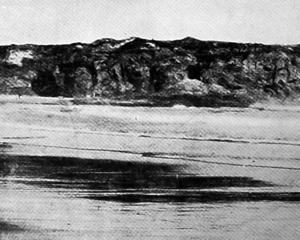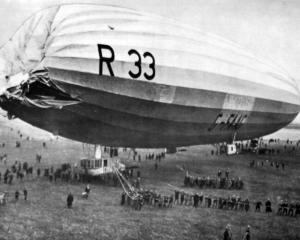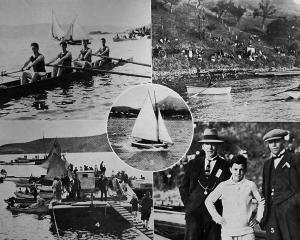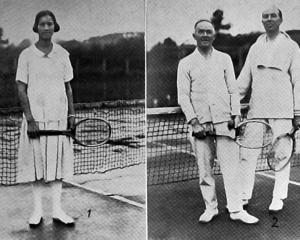Judging from the comments of thousands of sightseers who have visited the firm's factory during the last four Winter Shows, their establishment provides one of the greatest and most interesting sights in Dunedin.
The handling of glassware by machinery is a very difficult problem, but the firm has now overcome it by designing and inventing many machines of their own, besides importing from almost every country machines specially constructed to their order.
The machinery now installed handles, thoroughly soaks, sterilises, brushes, rinses, syrups, fills, seals, labels, and delivers bottles of any size or shape at the rate of 120 dozen per hour.
There are close upon 40 different machines used, from the soaking, sterilising, brushing, and rinsing of the empty bottles up to the syruping, filling, sealing, and labelling of the full ones.
To convey some idea of the magnitude of the machinery now in use, it should be mentioned that engineers and experts have been working night and day for 18 months during the instalment, erection, and fitting up of the machinery, so that it may be ready for public inspection this Winter Show.
As indicating the necessary efficiency of the machinery and the delicate handling of the glass bottles, it may be mentioned that the various machines fill and empty each bottle 10 times with a strong caustic solution at a temperature of 140deg Fahr., at the rate of 120 dozen per hour.
The bottles are then automatically discharged, gripped by machinery, and revolved at the same rate of speed in the opposite direction to brushes, running at the rate of 500 revolutions per minute, which act upon the inside of the bottles.
The rinsing machinery then receives the bottles and rinses them with artesian spring water inside and out, in three distinct operations.
The bottles are then inspected, after which they are automatically carried to the fillers, which extract from them the atmospheric air, then syrup, fill, seal, and label, and deliver them to the packers at the rate of 120 dozen per hour, also.
Some of the labelling machines are capable of dating each label, counting the bottles, placing one, two, or three different sizes and shapes of label upon them in one operation, and then delivering them to the packer at the rate of 24 a minute.
• The Otago branch of the Trained Nurses' Association held a special meeting to consider Mr Rhodes's proposal that untrained women should offer their services to the hospitals during the war, to supply the shortage caused by so many nurses being sent on active service.
The question evoked considerable discussion, and Dr Falconer was able to give information regarding the effect of the shortage of nurses in the Dunedin Hospital.
A statement was handed in, signed by a large majority of the Hospital nurses, stating that should necessity arise, they were willing to work longer hours.
As a result of the discussion the following resolutions were passed:-''That the Hospital department be asked to do away with the eight hours time limit during the war time, as the Hospital nurses have volunteered to do longer duty if necessary.''
''That a letter be sent to the Minister of Hospitals, stating that, in the event of necessity arising, this branch of the association agrees to his proposal, subject to the condition that the term `nurse' can be legally applied only to those who possess a State registration certificate''
- ODT, 1.6.1915.












